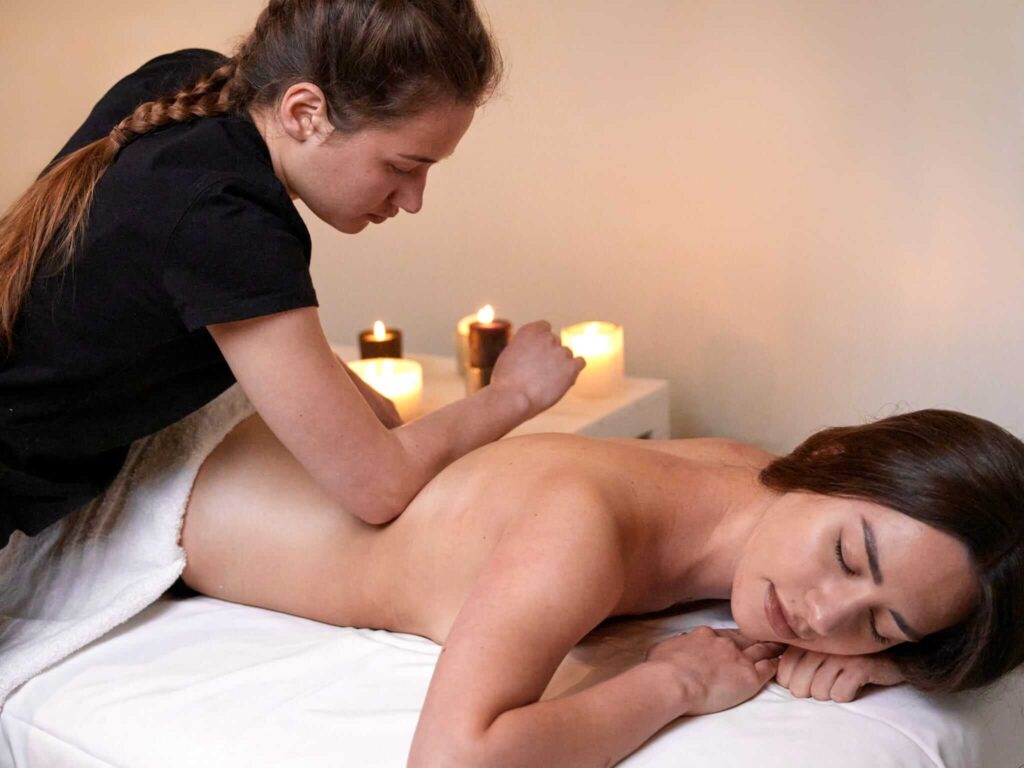The Old New Year

Did you know that Russians celebrate New Year twice? Although this may seem strange, the reason is that the Old New Year, which is an unofficial holiday in Russia, is still observed despite the fact that the Gregorian calendar (new style) replaced the Julian calendar (old style) in 1918.
In ancient times, the life cycle of the Russian people was dependent on the harvest season and on changes in the weather. As a result, pagans would celebrate New Year on March 22, the vernal equinox.
When Christianity was adopted in Russia in 988 AD, the Byzantine calendar was introduced so Russians slowly switched to celebrating New Year on September 1. Although no exact date was set for the New Year until the 15th century, some people – out of habit – celebrated it in the spring while others did so in the autumn. In 1492, it was declared that the official date for the New Year would be September 1, in accordance with the calendar of the Orthodox Church.
In December 1699, Peter I issued a decree that the New Year should be celebrated on January 1 in line with other European countries. Curiously, the subsequent New Year (1700) came just 4 months after the previous celebrations in September!
In the 18th century, almost all European countries switched to the Gregorian calendar and as a result “lost” 11 days. And Russia, which in the early 20th century still abided by the Julian calendar, lagged behind Europe by as many as 13 days.
In 1918, the Bolsheviks decided to correct this calendar inconsistency in order to “catch up” with the rest of the world. 1919 began on January 1, but in accordance with the new Gregorian calendar. Since the discrepancy between the old and new calendars was 13 days, many Russians celebrated the holiday according to the old calendar on the night of January 13. Interestingly, for the same reason, Christmas in Russia is celebrated not on December 25 but on January 7. The Russian Orthodox Church continues to celebrate the New Year, Christmas and all other Orthodox holidays according to the Julian calendar.
Although more than one hundred years have passed since these times, people still celebrate both the New Year and the Old New Year. In Russia, it is believed that the New Year should begin with a pure body and soul so on the eve there is a long-standing tradition of meeting with friends and paying a visit to the banya. With this in mind, why not come and celebrate the Old New Year the Russian way at Banya No.1?












